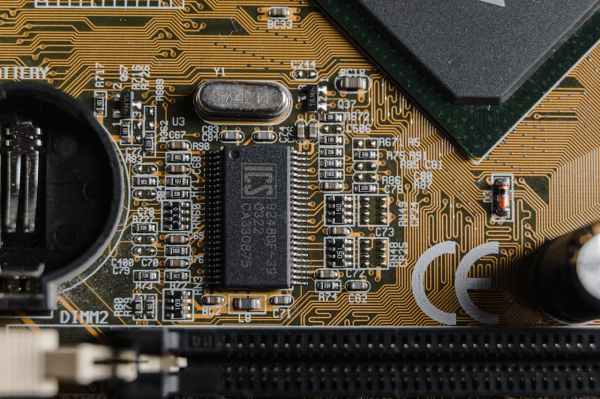Peter Oefinger
The market success of OTT services like messaging or VoIP calls has put classical telecommunication services under pressure. This has triggered an intense European debate whether these OTT services should be subject to telecommunication law in order to generate a level playing field between telco operators and OTTs.
In a recent decision, a German administrative court ruled Google’s Gmail to be a telecommunication service and therefore German telecommunication law should apply for these services. The national regulator wanted to force Google into compulsory registration as a telecommunication service provider according to German telecommunication law. As Google refused to do so, this was brought to court.
Google argued that Gmail doesn’t have control on the “conveyance of signals” and therefore doesn’t match the legal definition of a telecommunication service according to European and German law. Anyhow, the court decided that Google has an own server infrastructure which gives them at least partial control over the conveyance of signals. Furthermore, the court stated in its verdict that the definition of telecommunication services has to be interpreted from a functional – not a mere technical – perspective.
In consequence, Google is obliged to register as a telecommunication service provider. Furthermore, the court decision implies that OTT services are subject to national rules for telecommunication service providers in general. Google now can appeal on points of law at the highest administrative court. If the decision will be confirmed, this can bring new dynamics into the European regulatory debate.
It’s not just about putting additional regulatory burdens on OTTs. But there has to be generated a level playing field and the existing competition distortions have to be removed. Hence, if OTT services are considered as telecommunication services, they should be subject to the same rules as the telco operators.









